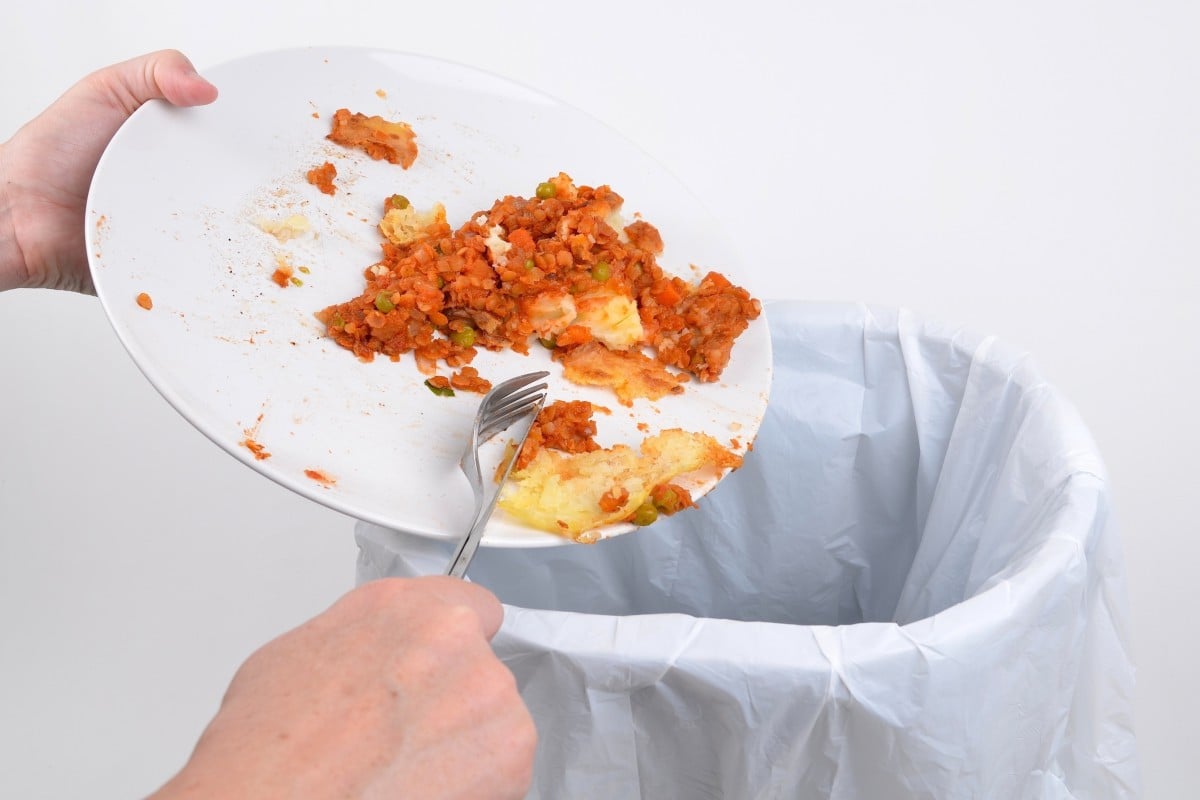
Student leaders talked to Young Post about reducing food waste in schools, and teaching Hongkongers about sustainable farming and eating

Ask any grandmother and they’ll tell you, not finishing your meal is wasteful. It’s especially bad in Hong Kong, where our landfills are already overflowing.
Now, more people are taking up grandma’s message, and saying no to food waste. One group of students made their ideas heard at The Nature Works Hong Kong, an educational and environmental programme offered by The Nature Conservancy.
Young Post talked to the leaders of the top two teams of the programme about solutions to the city’s pressing environmental problems.
Solutions to food waste
Team Donut Waste aims at tackling school food-waste problems. Its leaders, Christina Lee and Jonathan Wong Yu-chi , say their team name “Donut Waste” has multiple meanings.
“Doughnuts are a big thing for children, and the word ‘donut’ is similar to ‘don’t’,” says Christina. “We make use of the wordplay to teach children not to waste food. We hope that our proposal can reduce food waste, which is the biggest component in the city’s landfills.”
Their proposal includes three major parts: holding an annual food-tasting event, organising an inter-house competition to reduce food waste, and creating a compost system at school.
The food-tasting event will invite students to try dishes from different catering companies, and allow them to vote for their favourite.
“This event is important because it addresses the food-waste problems at it source – the taste and quality of the food. If the food tastes better and increases your appetite, you’re more likely to finish it,” says Christina. “We hope the event can teach people how to appreciate food and take responsibility for your choices.”
The inter-house competition to reduce food waste would be held for one week each month. Each house will be given one rubbish bin to put their food waste in. The house with the least amount of waste will get the most points, which are crucial to winning the overall house championship.
“Schools should also have a compost system,” Jonathan says. “Compost bins should be placed in different ventilated areas. We’ll teach students and staff how to start the decomposition process that transforms discarded food into humus, an organic fertiliser that is rich in nutrients.”
Christina says their ultimate goal is to ease the food-waste and landfill problems by starting small and simple.
Food sustainability is the key
Team Eco-Roots focused on how to manage food sustainability at school. To do that, team leaders Fok Jing-chen and Rachelle Lui have introduced a number of measures to find alternative sources of food or even grow their own food.
The team has proposed three ideas: building container gardens, organising awareness campaigns, and providing outreach services.
“It’s inspiring if schools can create a container garden,” says Jing-chen. “The garden is inexpensive, small, and easy to maintain. It can provide at least one stream of fresh produce.”
The team also plans to set up a student gardening group in each school, who will be cultivating and maintaining the garden with help from Eco-Roots members. “This will ensure that there will be constant maintenance after the garden has been implemented by Eco-Roots,” Jing-chen says.
Two awareness campaigns will also be held every year. In cooperation with local farms and restaurants, the team will organise a series of seminars in different schools so students understand where their food comes from, and how to make healthier, smarter eating choices.
“And we want to know what schools and students are doing,” says Rachelle. “So social media, such as our Facebook page, not only lets us update our periodic events, but it also enables us to communicate with others. This way, the Eco-Roots team is notified of any developments and can quickly respond to their needs.”